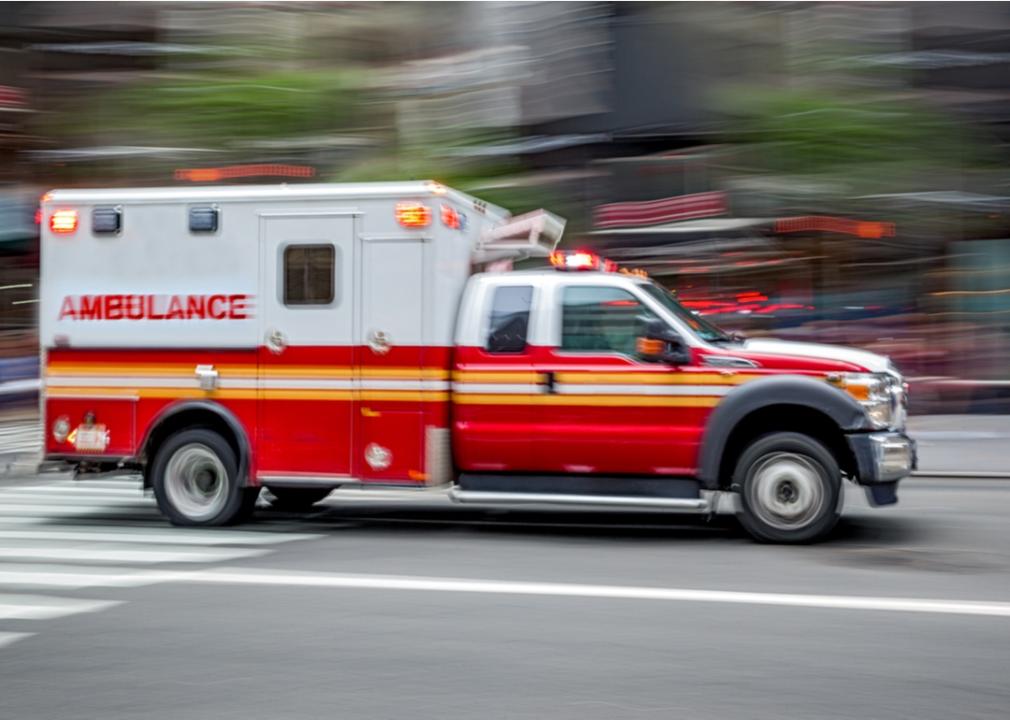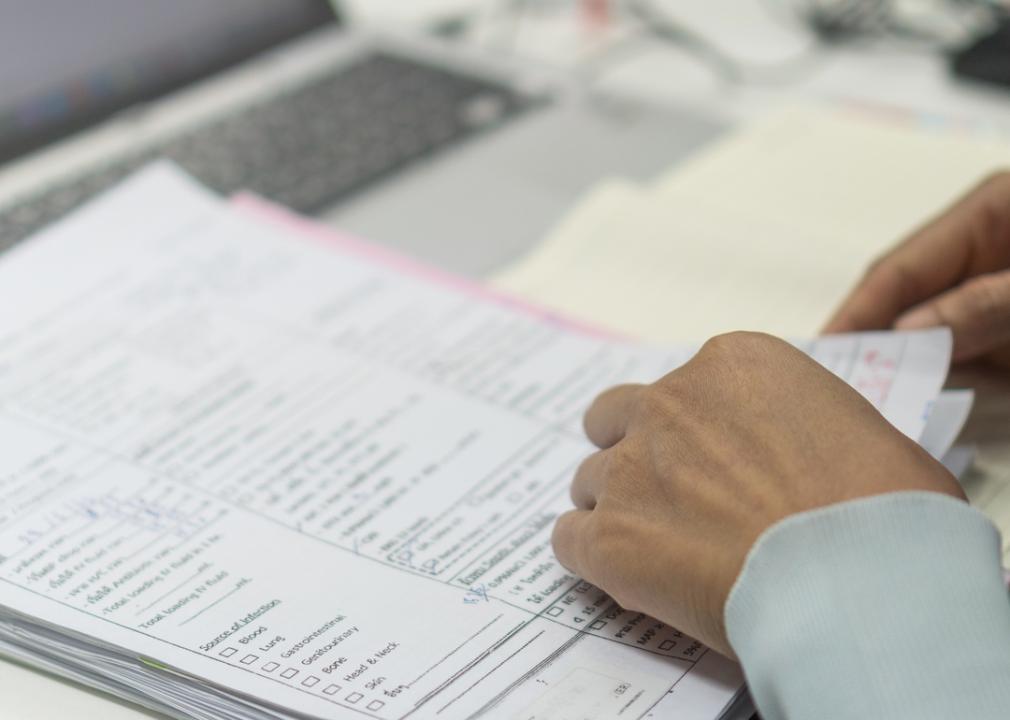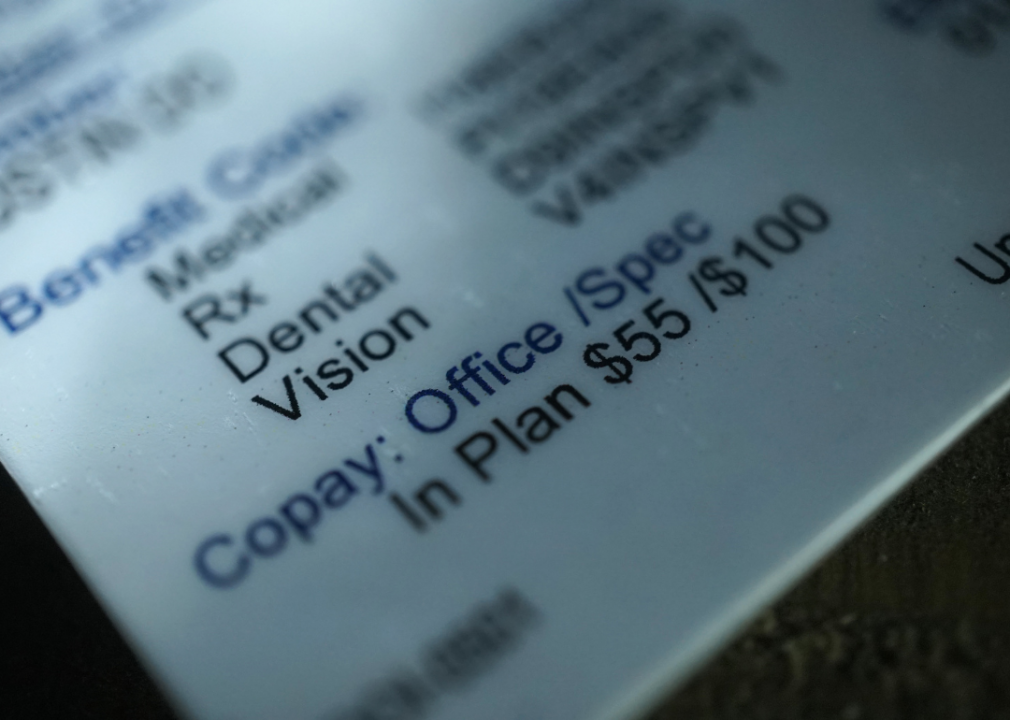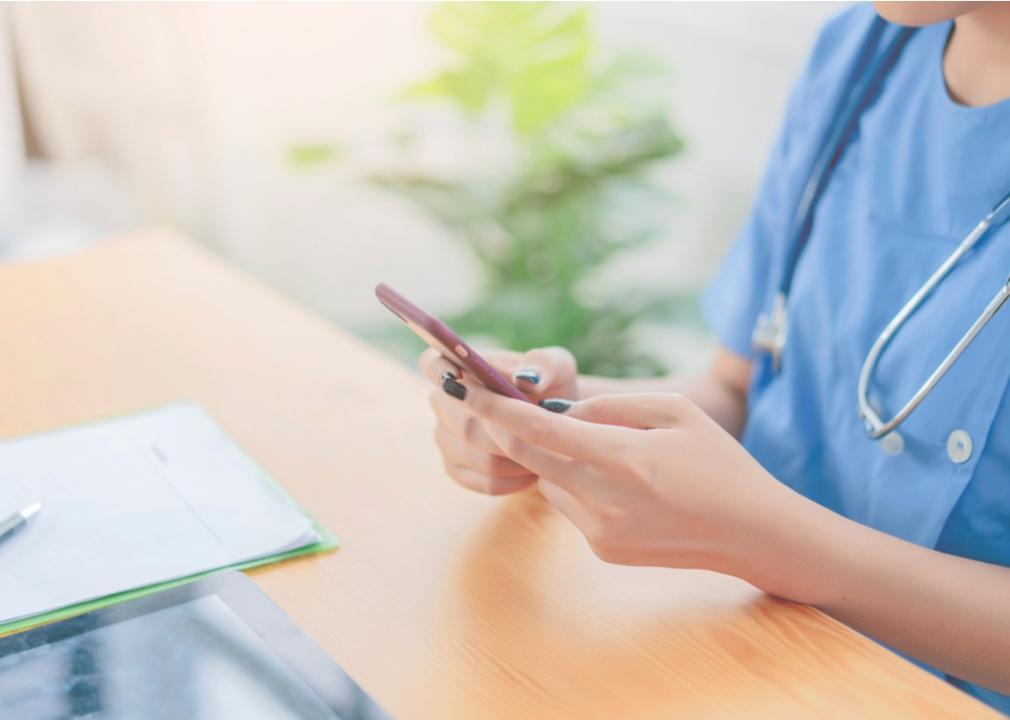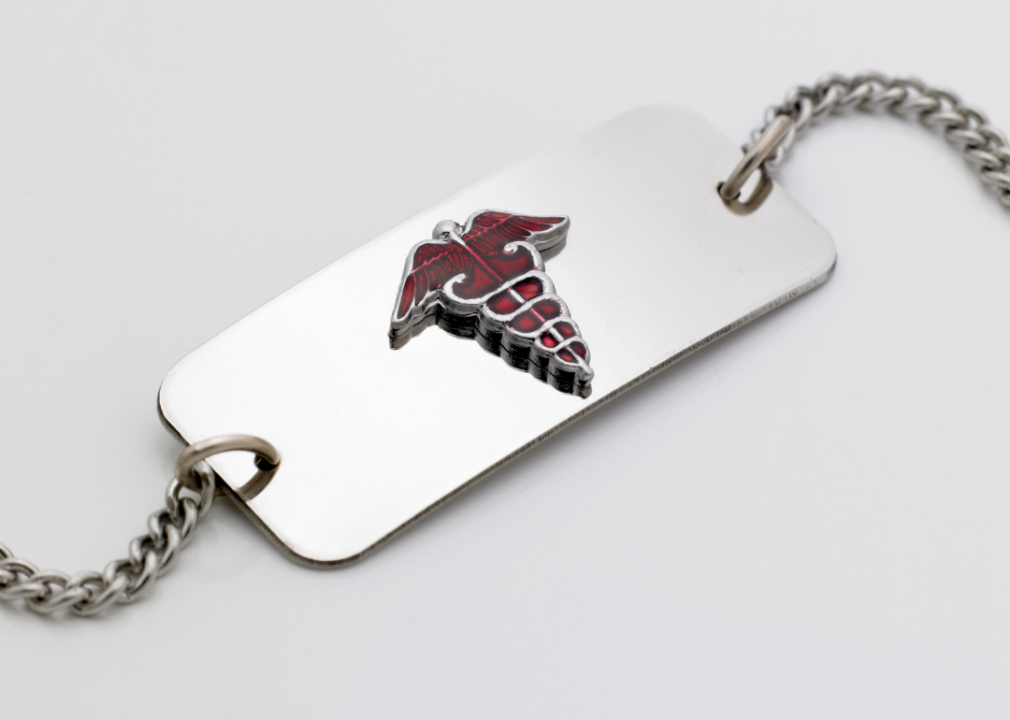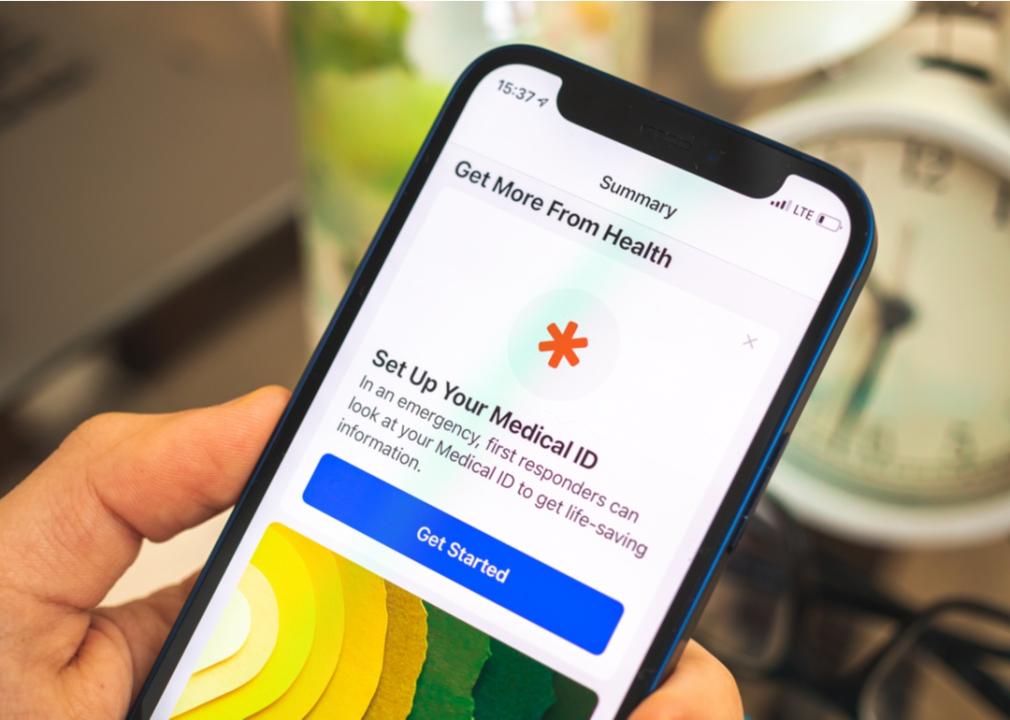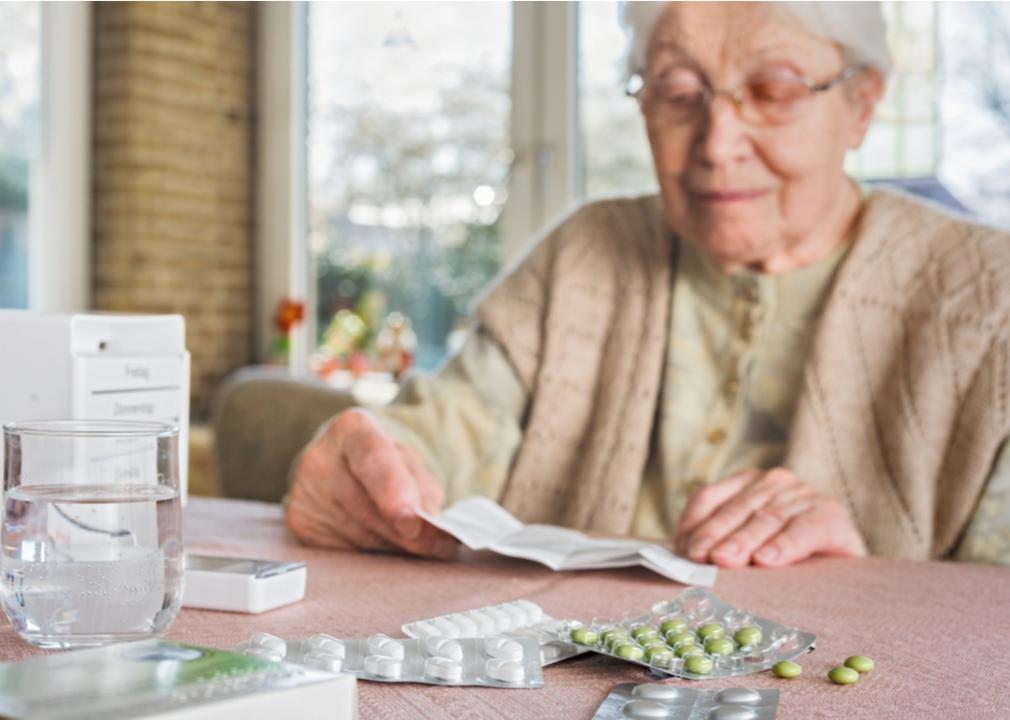Medical information to have ready in case of emergency
blurAZ // Shutterstock
Medical information to have ready in case of emergency
Being prepared for a medical emergency can mean the difference between immediate relief or exacerbated symptoms—or, in some instances, life or death.
Guava Health compiled a list of important medical information to have prepared in case of an emergency. Having a few key pieces of medical information can be important to help doctors treat you for many different health emergencies and conditions. In some cases, such as with allergies to certain medications, your condition could actually worsen when doctors don’t know your medical history.
There are many ways to keep track of this information, from medical ID bracelets to a simple sheet of paper. Paper copies of medical history should be stored in multiple places—such as a wallet, glove box, and on the fridge at home—so they’re easy to locate. Some people prefer the convenience of emergency health information cards, which offer easy and convenient ways to ensure medical information is always at hand.
While traveling, be sure to note the closest medical facilities to where you’re staying, keep all emergency contact information on you, and make sure any medical devices are visible. Those with diabetes may also carry a continuous glucose monitor, which tracks glucose levels and conveys the information to medical professionals.
![]()
BlurryMe // Shutterstock
List of allergies
If there’s a situation where you become unconscious, having a list of your allergies is vital for emergency medical personnel. This can range from certain classes of medications to latex, which may be on doctors’ gloves. Some people with diabetes, for example, may have an allergic reaction to oral medications and injectable insulin.
Canva
Insurance card
When it comes to receiving medical treatment, emergency rooms are the most costly. This is why insurance companies prefer their members to use lower-cost options such as urgent care centers because it’s less expensive for the insurer and lowers premiums for everyone across the board. Insurance companies, however, cannot charge more if someone has to get emergency care from an out-of-network hospital. Having your insurance card in your wallet at all times can help medical bills be processed and filed correctly to avoid headaches and discrepancies later on.
Have a nice day Photo // Shutterstock
Emergency contact information
If you’re hospitalized while unconscious, an emergency contact can serve as an advocate to ensure you receive the best care possible. It is also useful to have a trusted family member or friend designated to make decisions if you’re incapacitated or not in shape to make decisions, whether unconscious or incoherent. Emergency contacts can also provide moral and emotional support.
Canva
Medical ID bracelet
The purpose of medical ID bracelets or necklaces is to give paramedics and emergency responders access to essential medical information should a patient become unconscious. Many paramedics are specifically trained to look out for such jewelry. People often include information about chronic conditions, such as epilepsy and diabetes, that might impact their care.
Other useful information can include medications and allergies so that nothing you’re allergic to is accidentally administered while receiving treatment.
FellowNeko // Shutterstock
Seizure information
If you have a history of seizures, having a record of when they took place can help doctors recognize possible triggers. It can also help your family and loved ones know whether you’re having a seizure and which seizure medicines may work.
Some medications work better for different types of seizures, and not all seizures are caused by epilepsy, so knowing the type of seizures, whether it’s focal (located in one area of the brain) or generalized (affecting both sides of the brain) can determine the best course of treatment.
Ingo Bartussek // Shutterstock
List of current medications
People often have trouble remembering things in times of crisis. Keeping a list of current medications handy ensures medical staff can avoid over-prescribing or prescribing drugs that may cause a negative reaction.
Maintain an updated list of all medications and keep it in your wallet or purse if you don’t wear a medical alert bracelet. This information can be helpful for paramedics and other first responders, especially for people who may have conditions such as diabetes, since it’s important to know if they are on insulin. Some people may also see multiple doctors or go to more than one pharmacy to have their prescriptions filled so maintaining an updated list of medications is even more important in that case.
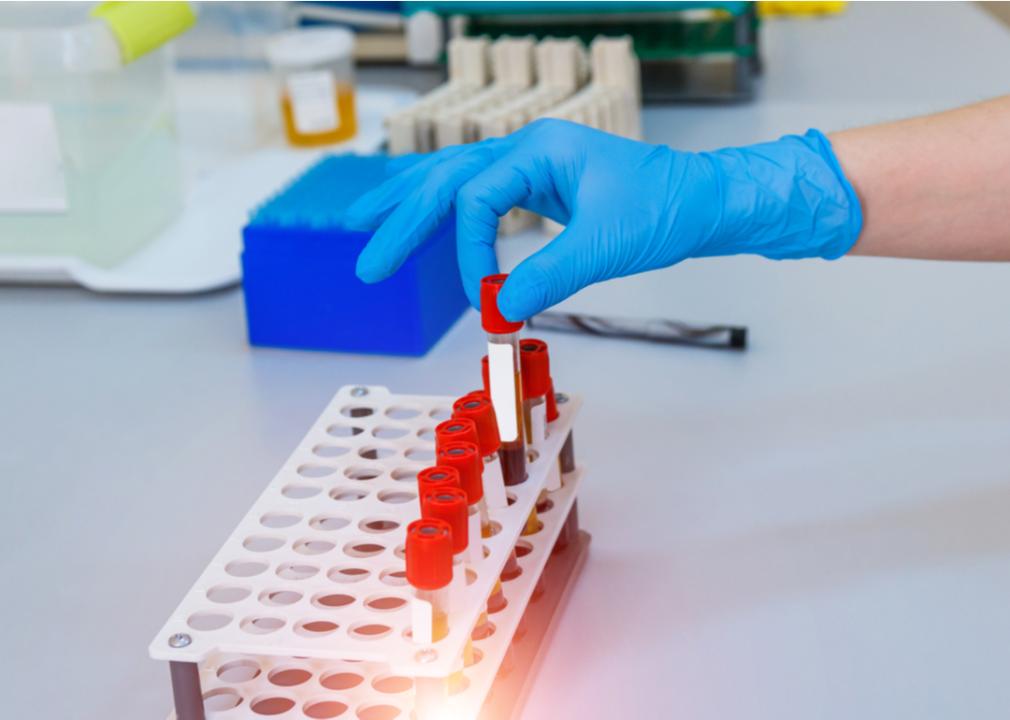
Terelyuk // Shutterstock
Blood type
Knowing which of the eight common blood types is in your body can be lifesaving and is key to better understanding your health. This information is particularly useful should you need a blood transfusion with a compatible blood type. If there’s cross-matching in blood typing, this can cause blood cells to clump, which can be fatal.
To learn your blood type, you can visit your primary physician or a clinic that sends blood samples out to labs for testing.
This story originally appeared on Guava Health
and was produced and distributed in partnership with Stacker Studio.
